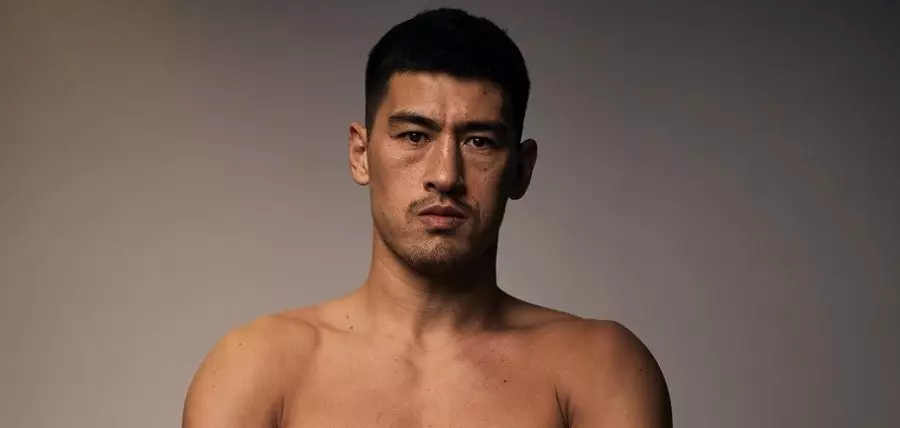In a significant chapter of boxing, the highly anticipated match between unbeaten light heavyweight champions Dmitry Bivol and Artur Beterbiev captured the attention of fans and pundits alike. Taking place in the opulent Kingdom Arena in Riyadh, Saudi Arabia, the bout held promise not just for entertainment, but for the future hierarchy of the division. Both fighters, possessing impressive records and styles, aimed to solidify their claim as the best in their category. However, with the final bell signaling Beterbiev’s majority decision victory, controversy surfaced, leaving the debate open for who truly stands atop the light heavyweight throne.
The Controversial Outcome
Despite Beterbiev’s victory, the outcome ignited discussions about the fairness of the judging. Many observers believed Bivol’s strategic approach and effective boxing might have warranted a decision in his favor. The divided opinions among fans and analysts underline an enduring dilemma within the sport: its subjective nature. Just as those who witnessed the iconic Hagler-Leonard fight in the 1980s have varying interpretations of the winner, so too does the Bivol-Beterbiev battle leave audiences grappling with conflicting viewpoints. This not only highlights the inherent subjectivity of boxing but also raises questions about the transparency and efficiency of the judging.
Strategies at Play
Both competitors demonstrated their unique fighting strategies throughout the match. Bivol, renowned for his slick boxing and defensive prowess, utilized his footwork and jab to control distances in certain exchanges. Conversely, Beterbiev, known for his raw power and aggressive style, dedicated himself to closing the distance, looking to land his heavier punches. Fans thrilled at every back-and-forth exchange, but as the rounds progressed, some began to sense that Bivol was weakening, possibly due to the cumulative effects of Beterbiev’s power shots.
Despite Bivol’s technical skills putting him in a seemingly advantageous position in stretches, the stamina and tenacity exhibited by Beterbiev proved impactful as the match wore on. Each fighter showcased their strengths, resulting in a tactical battle that may not have dazzled every spectator but demonstrated the artistry and strategy intrinsic to high-level boxing.
Heading into the fight, analysts and fans seemed to have reached a collective consensus on how the fight would unfold. Many believed Beterbiev would either stop Bivol within the distance, utilizing his significant power, or conversely, that Bivol would execute a masterful performance, employing his ring IQ to secure a decision victory. This anticipation set the stage for high expectations, which ultimately led to mixed feelings regarding the bout’s outcome.
While boxing fans often crave electrifying knockouts, Bivol versus Beterbiev delivered a match more akin to a tactical chess game than the expected brawl. Viewers may have felt disappointed as the fight transitioned into a contest of endurance, rather than an explosive display of power and dramatic back-and-forth exchanges. In hindsight, the lack of explosive intrigue may have dulled the vibrancy of the event, despite it being a captivating spectacle of boxing skill.
With the dust settled and a result delivered, the question remains: what does the future hold for both fighters? Will Bivol be granted a rematch to seek revenge, or will Beterbiev’s win set him up against another top contender? The light heavyweight division stands at a crossroads with the emergence of new talents alongside experienced warriors. Both Bivol and Beterbiev will have opportunities to continue defining their legacies, irrespective of their latest bout’s outcome.
Ultimately, the fight was just one chapter in the ongoing narrative of boxing, where the battle for supremacy often leads to dividing opinions and enthralling storylines. As fans continue to debate the fight’s merits and implications, one truth remains: the passion for the sport fuels discussions that will perpetuate long after the final bell.


Leave a Reply